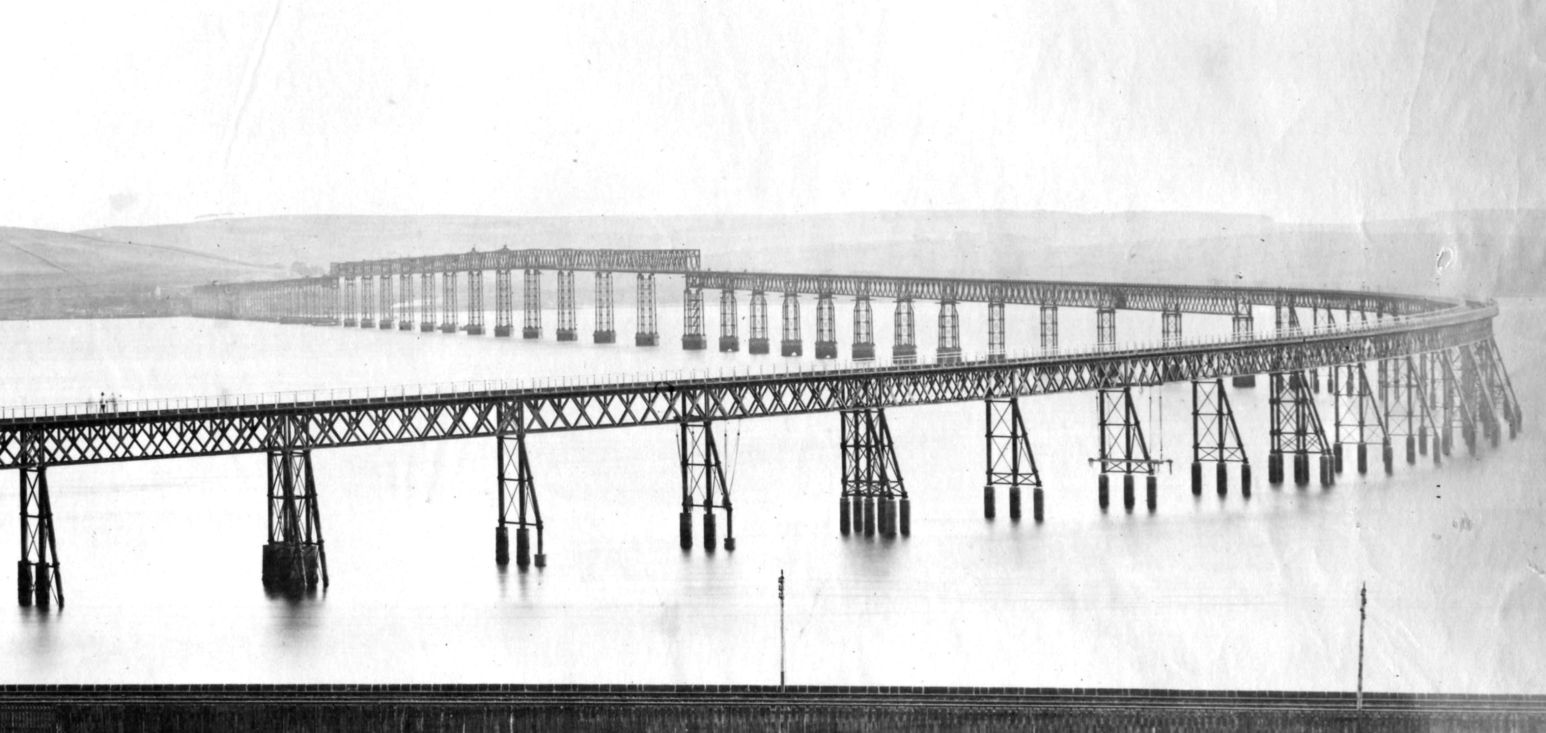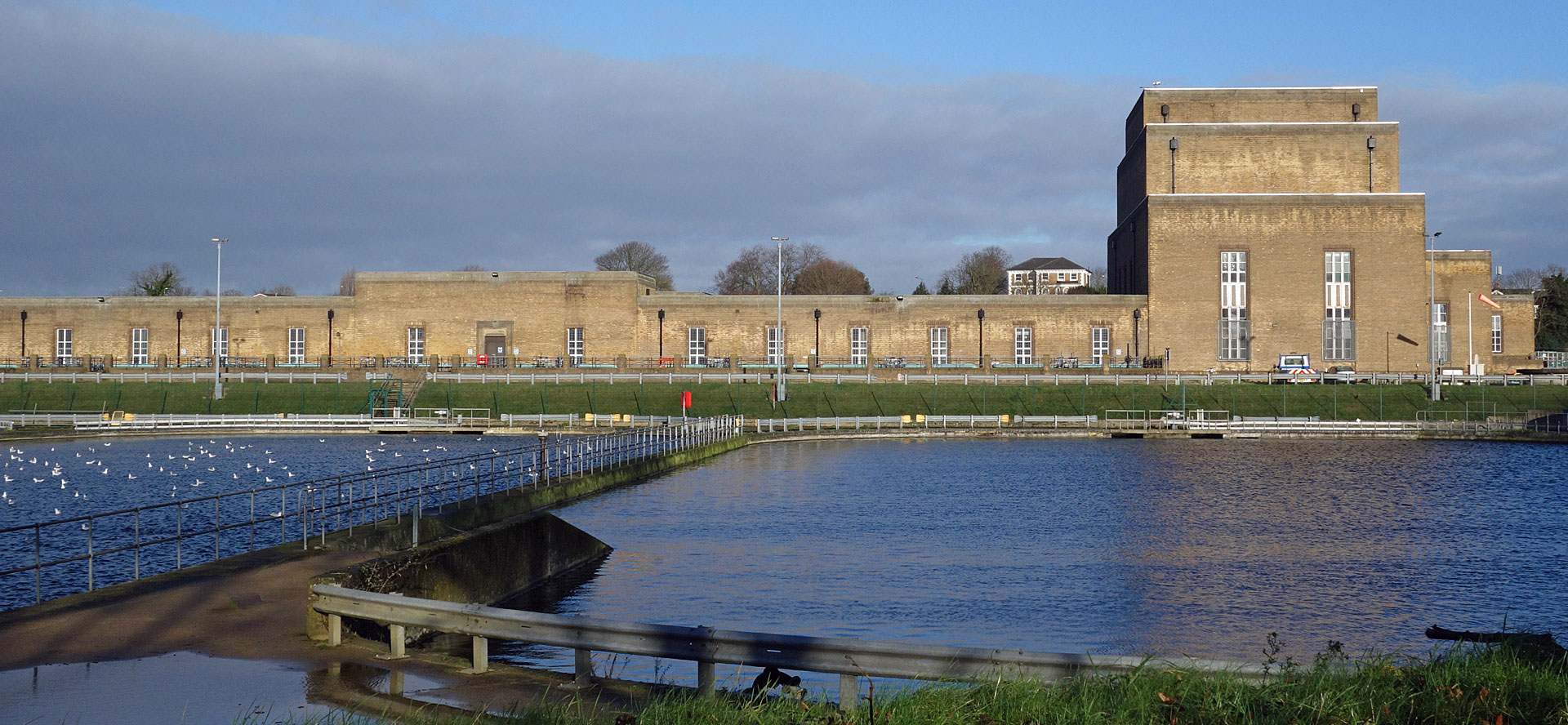Calendar of Events
M Mon
T Tue
W Wed
T Thu
F Fri
S Sat
S Sun
0 events,
0 events,
0 events,
0 events,
0 events,
0 events,
0 events,
0 events,
0 events,
0 events,
0 events,
0 events,
0 events,
0 events,
0 events,
0 events,
0 events,
0 events,
0 events,
0 events,
0 events,
2 events,
“It’s not just about the robot! – the development of automated welding” by Bob Bowden
“It’s not just about the robot! – the development of automated welding” by Bob Bowden
This highly informative talk from someone on the inside looks at the evolution of the car assembly plant and the resistance welding techniques used to build the body shell. Bob describes from personal experience the difficulties encountered as welding techniques evolved from the early 'solid-state’ sequential controllers, and then to the first generation of robotics, P.L.C.’s, electronic power & motor control systems etc. The purchase of Jaguar by Ford brought about a ‘blue sky’ policy, and Bob was on the procurement team for the all-new assembly plant machinery required for the building of the “X-type” Jag’. He subsequently took on the role of weld engineer for the new 'baby Jag'. As before the meetings are free but because we are limited to the number of people we can have at the meeting and have agreed with Discovery that we will ask everyone to book through Eventbrite so that we can keep track of demand and have a register of who is attending. Also, we have agreed with Discovery that we will hold the meetings in the afternoon starting at 2 pm and the meetings will also be offered online so that those people who feel uncomfortable with attending in person can participate in the talk. I realise that these arrangements are slightly different from in the past and if you have any queries please drop me a line and I will do my best to help. Also if you are aware of any none members who might be interested in joining us please feel free to circulate this email to them. - Eventbrite booking at - https://www.eventbrite.co.uk/e/179391594087
“Metallurgical Myths and Other Misapprehensions of the Jet Engine and Jet Aircraft Era” by Dr.Fred Starr
“Metallurgical Myths and Other Misapprehensions of the Jet Engine and Jet Aircraft Era” by Dr.Fred Starr
Repeated statements that the development of the jet engine was held up by the shortcomings of high temperature alloys for turbine blades are without foundation. Frank Whittle, given the funding, could have had a jet engine prototype running by 1932-33. And the RAF could have been equipped with jet fighters by 1939. It was unfortunate that Griffith (of Griffith Crack Fame) was so opposed to the jet engine principle, probably because he saw this as a rival to his own weird turboprop ideas. Accordingly, funding was withheld, the Germans taking the lead. Coming to more recent times, the shortcomings of materials helped wreck the prospects for Concorde and the proposed American Supersonic Transport. It is a feature of supersonic flight that better range and payload are obtained by flying as fast as possible. Concorde was designed for Mach 2.2, but couldn't fly continuously at that speed. The American SST was intended for Mach 2.7. Flying fast does mean, however, aerodynamic heating, requiring “heat resistant” airframe alloys. Concorde, in my view, needs to be seen as an engineering failure, because, in part, of the fall off in strength of aluminium alloys above 120 deg C, meant it was unable to cruise at the proposed design speed. Similar issues beset the American SST, although it was using titanium. Recent projected “business jet” supersonic transports dodge the materials issue by flying at around Mach 1.7. They are aerodynamically inefficient, but better engine performance and the ability of millionaire passengers to pay top value fares, might make such aircraft a viable proposition.
0 events,
0 events,
0 events,
0 events,
1 event,
Sir Thomas Bouch: Hero? Villain? Victim? Or just bad PR? by Bill Jagger
Sir Thomas Bouch: Hero? Villain? Victim? Or just bad PR? by Bill Jagger
Thomas Bouch is generally remembered for the failure of the Tay Railway Bridge, an event that rocked the Victorian establishment. But the construction of what was then the longest bridge in the world was not entrusted to an insignificant engineer, far from it. The talk aims to correct an imbalance of repute by explaining some of his background and history that led up to his winning the Tay Bridge contract. Whilst the speaker does recognise that he was not without fault in connection with that tragic incident, he considers that Bouch was not as blameworthy as the Court of Enquiry conclusion stated. The talk does not derive from original research but draws on various existing resources. When they are analysed carefully one may or may not be persuaded that he was harshly judged, but at the least people should be made aware of his successes. Bill Jagger is Newcomen Member and a semi-retired Chartered Accountant who is currently working in the engineering industry. He has a lifelong interest in transport in general and railways in particular. In exploring the Pennine railway lines he came across Thomas Bouch's name and became interested to find out more about him. A conversation at a meeting of the engineers’ society of which he is a member-led to a challenge to give a talk: "you seem to know a lot about him and we are looking for speakers! Please Note:- This is an in-person only talk and will not be available online. Kelham Island Museum has advised that although no social distancing restrictions will be in place for the meeting, we will need to keep a detailed register of attendees. A group of members and guests will be meeting for a pre-talk meal and if you wish to join us please let me know so that I can advise them of the probable numbers.
2 events,
CANCELLATION. “Learning Lessons from Engineering Failures “
We regret that this symposium has been cancelled due to insufficient advance interest.
Watering the Capital or Watering Capital? False accounting and a corrupt chief engineer. By Nick Higham
Watering the Capital or Watering Capital? False accounting and a corrupt chief engineer. By Nick Higham
Watering the Capital or Watering Capital? How false accounting and a corrupt chief engineer nearly brought down two of London's Victorian water companies? The 19th century water supply industry in London relied upon consulting engineers for their development schemes. The outcomes were not always straightforward. A fascinating story from a natural raconteur. Nick Highman’s new book The Mercenary Stream, A History of London's Water, will be published by Headline in Spring 2022.


